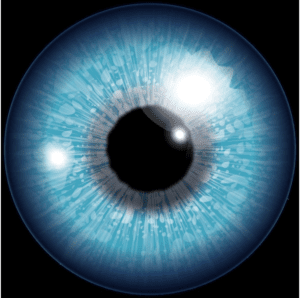Doctor Robs Woman of Sight with Unapproved Stem Cell Treatment
 WSB-TV in Atlanta reported on the blinding of a senior citizen after a clinic performed a non-U.S. Food and Drug Administration (FDA) approved stem cell treatment on her. Doris Tyler believed the procedure would save her failing eyesight. She thought, “This was going to be the most wonderful thing that ever happened to me.” Having been diagnosed with macular degeneration almost ten years ago, Tyler hoped that the treatment would enable her to see her grandchildren grow up and allow her to continue to read sheet music and watch baseball games.
WSB-TV in Atlanta reported on the blinding of a senior citizen after a clinic performed a non-U.S. Food and Drug Administration (FDA) approved stem cell treatment on her. Doris Tyler believed the procedure would save her failing eyesight. She thought, “This was going to be the most wonderful thing that ever happened to me.” Having been diagnosed with macular degeneration almost ten years ago, Tyler hoped that the treatment would enable her to see her grandchildren grow up and allow her to continue to read sheet music and watch baseball games.
Tyler received her treatment at Dr. Jamie Walraven’s Stem Cell Center of Georgia located in Peachtree City in September 2016. First, Walraven performed liposuction on Tyler and made a stem cell cocktail from her fat tissue that Walraven referred to as “liquid gold” on a recording of the procedure. By early December 2016, both of Tyler’s retinas had detached, and she was completely blind. Only later would she find out that she was the clinic’s first macular degeneration patient.
In May 2018, the FDA announced complaints filed in federal court to permanently bar two stem cell clinics from marketing stem cell products without FDA approval and for “significant deviations from current good manufacturing practice requirements.” A statement from FDA Commissioner Scott Gottlieb, M.D. warned that “Cell-based regenerative medicine holds significant medical opportunity, but we’ve also seen bad actors leverage the scientific promise of this field to peddle unapproved treatments that put patients’ health at risk.” In closing, Gottlieb stated: “We cannot allow unproven products that exploit the hope of patients and their loved ones.” In 2017, the FDA felt it was necessary to issue a public warning on the dangers of unapproved stem cell therapies. At that time, the only stem cell-based products approved by the FDA for use in the U.S. was blood-forming stem cells from umbilical cords.
All the while, Tyler will spend the rest of her life living in the dark. “I would not have taken that chance if I had known that there was any risk of going blind.” She and her husband Don spend most of their days in their home in Ocoee, Florida. He is her full-time caregiver now. “To go somewhere, and me enjoy it, she has to be involved,” said Don. “She can’t see, so why go?”